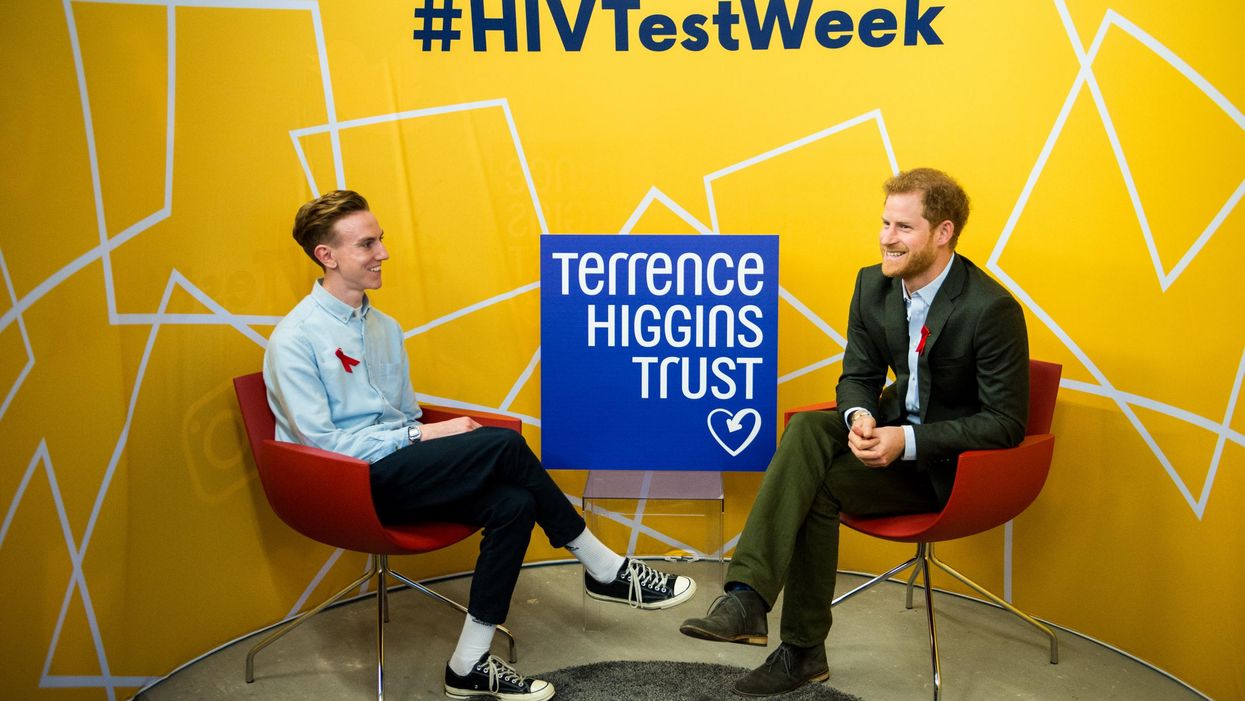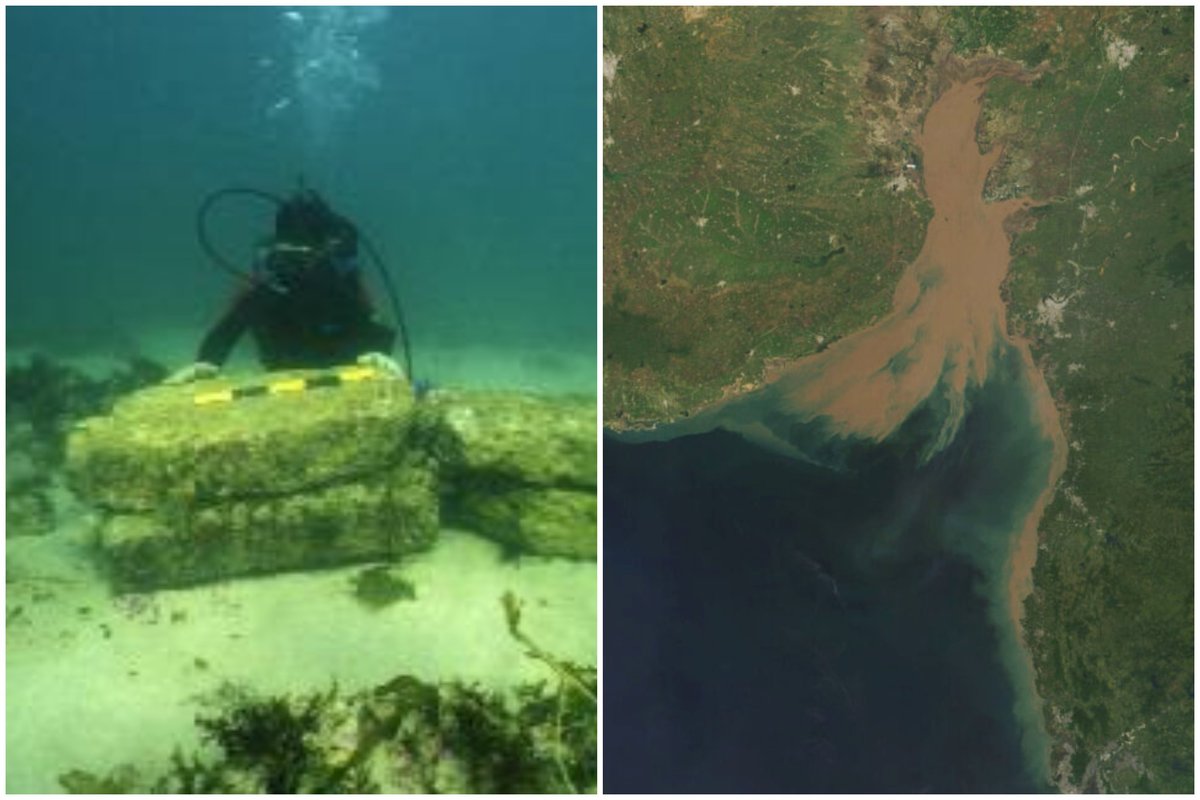Celebrities
Andrew Bates
May 24, 2018

Andrew pictured with Prince Harry for the Terrence Higgins Trust
Terrence Higgins Trust
Andrew Bates knew nothing about HIV until he was diagnosed with the virus three years ago aged just 21. Like almost a third of 15-24 year olds diagnosed with HIV, he was diagnosed late.
Thirty years ago today, Section 28 was introduced in Britain, banning the ‘promotion’ and discussion of homosexuality in schools.
Just over two and half years ago, at just 21 years old, I was diagnosed with HIV. And, I believe, it was the first of those things that caused the second.
My HIV diagnosis came completely out of the blue, mainly because I wasn’t educated about HIV at all.
I didn’t know I was at risk because I didn’t know what the risks were.
I didn’t know my flu-like symptoms were me seroconverting (which essentially means becoming HIV positive) because I didn’t know that was a thing that happened.
I wasn’t taught about HIV in school, in PSHE, Biology, History or even Human Geography, where it’s sometimes quietly squeezed into the curriculum.
Did you know that every single day at least one young person in the UK is diagnosed with HIV?
Not only that, but nearly a third of these 15-24 year olds are diagnosed late, which means the diagnosis comes after the immune system has already been damaged.
So many of these young people know nothing about HIV, whether that means regular testing or the range of methods that can be used to prevent transmission.
Last year, the Government announced its plans to make age-appropriate Relationships and Sex Education (RSE) compulsory in all primary and secondary schools in Britain.
While this is fantastic news, it’s vital that this is LGBT+ inclusive and covers HIV, its prevention and its treatment.
When I was diagnosed with HIV, the first thing I felt was shame, which came hot on the heels of the shame I’d felt about being gay.
Thankfully, I was able to shake this shame, and made the decision to start sharing my story as a way of tackling the stigma that surrounds HIV.
In fact, my first experience of this was sharing a couch with Prince Harry at Terrence Higgins Trust’s pop-up shop for National HIV Testing Week in November 2017.
I’m well-aware that most gay and bi men diagnosed with HIV aren’t able to have a chin-wag with HRH and might not have a strong and supportive network around them, which is all the more reason that young people who might be questioning their sexuality need all the support they can get.
That’s why I am so passionate about ensuring that all young people are educated around the realities of sex and sexual health.
School is meant to be a place where young people are nurtured and prepared, in a safe and inclusive environment, to walk into the big, wide world with their eyes open.
In terms of HIV, there are some really simple and straightforward things that many young people still don’t know, but could absolutely learn in school.
For example, did you know that someone living with HIV who is on effective treatment can’t pass the virus on to sexual partners?
It’s what’s called being ‘undetectable’, which is what I am, and means that even without condoms you can’t pass on HIV.
People living with HIV who are diagnosed early and are on effective treatment, like me, also have the same life expectancy as the general population.
If young people learned this in school, it would really help prevent them from going on to believe many of the outdated myths that still exist around HIV.
That will encourage young people to not be fearful of HIV and to be tested more, which helps ensure people who are diagnosed get on medication early and don’t unwittingly pass on HIV.
Don’t get me wrong, I’m incredibly passionate about preventing any more people from getting the diagnosis I did – but scaring the living daylights out of them isn’t the way to do that.
Which leads me back to Section 28 and why, on a day like today, it’s so important that the Government recognises the mistakes it made and guarantees it won’t make them again.
The bottom line is this: If I’d had inclusive and compulsory sex education at school, I don’t think I’d be HIV positive today.
More: Over half of women with HIV in the UK have experienced violence
More: The LGBT+ teachers working to undo Section 28's homophobic legacy
Top 100
The Conversation (0)
x













